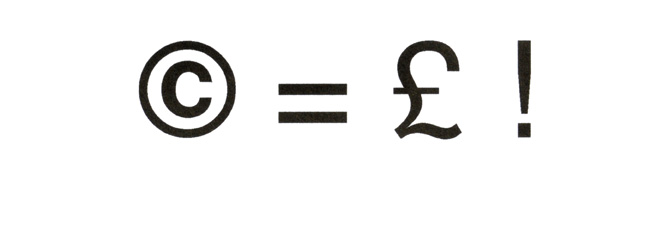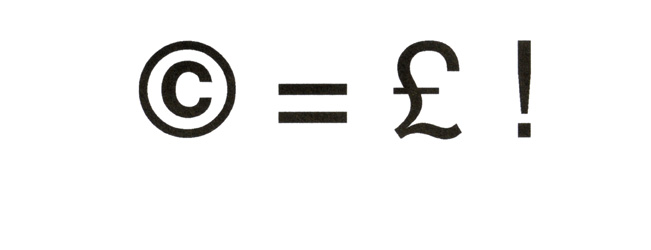The Hargreaves review of Intellectual Property and Growth including copyright has published their report, and in the words of The Register, thrown photographers and visual artists under a bus!  This is because, although Hargreaves has rejected US style “Fair Use” as incompatible with EU copyright law, he has recommended licensing of orphan works at a “nominal” fee.  An orphan work (writing, photograph or illustration, music) is one where the rights holder is unknown or cannot be traced, and such a definition would include contemporary as well as historical works.
Hargreaves proposes a Digital Copyright Exchange to facilitate simple licensing of both parented and orphan works (including for commercial use). Â The downside is that he proposes less stringent penalties for infringement of works which are not registered with the new DCE, which will be the vast majority of photos out there, including amateur ones. Â This is like the US copyright registration system by the back door. Â It will create a two-tier copyright system, but at the same time will undermine the DCE and the whole market by failing to provide protection against use and abuse of both orphan and parented works which are not registered with the DCE.
The report shamelessly admits that work (including amateur) which was not intended for commercial use would become available for commercial use as a “national treasure trove” if it is orphaned; and in practice this will happen if it is not registered with the new Digital Copyright Exchange. But this is against the international Berne convention where copyright and moral rights apply automatically and equally upon a work’s creation, without the need to formally register your work, and authors or creators of literary and artistic works protected by this Convention shall have the exclusive right of authorizing the reproduction of these works, in any manner or form.
Exceptions can be made by legislation, but should not conflict with a normal exploitation of the work and not unreasonably prejudice the legitimate interests of the author. Â Having the author’s work licensed out without their knowledge for a nominal sum clearly conflicts with normal exploitation of the work and clearly prejudices the legitimate interest of the author.
Hargreaves understands the implications for creators all too well, when he says: “We recognise that there will be concerns from some rights holders who fear that a growing resource of almost free to use orphan works could injure markets for other works.” He then adds: “This is a good example of a case where wider economic interest outweighs the perceived risk to rights holders.”
That is robbing Peter to pay Paul, robbing creators to pay aggregators and big business. Â This is the short term economic booster injection that David Cameron wanted from the review, but it will be at our expense, and in the long term at the expense of the creative sector as professional creators are further undermined. Â It is short termism, as it will damage or destroy creators who produce professionally made content in the first place, and strip both amateurs and professionals of their copyright and moral rights.
Additionally the moral rights of creators, the right of attribution (credit) and the right not to have one’s work subjected to derogatory treatment would be under threat from such a scheme. Â Commercial use of orphan works might go against any contractual terms agreed by the creator at the time the work was made, or against the wishes of the creator and the intended uses of the work.
Despite submissions to the review calling for strengthening of the weak framework of moral rights in the UK to match the stronger framework in much of Europe, the Hargreaves review has not addressed the issue.  At present there are many exceptions to moral rights in the UK, including newspapers, magazines, and the reporting or current events.  This results in the creation of huge numbers of orphan works as content is published without crediting the person that created it.  Creators should have unwaivable and automatic moral rights (without the need to assert them) which should obtain for all circumstances with no exceptions unless the creator expressly, voluntarily, and without contractual coercion requires anonymity.
The NUJ is disappointed and seriously concerned with the Hargreaves report on Intellectual Property and Growth:
The Stop43 photographers campaign has also responded
For more responses please see the comments on the IPO blog
It is likely that the Government will produce an official response to the report before the summer recess, and they are planning a bill on Intellectual Property maybe later this year. Â This is something we can discuss at the Branch meeting tonight, so please come and debate it, or comment below.

